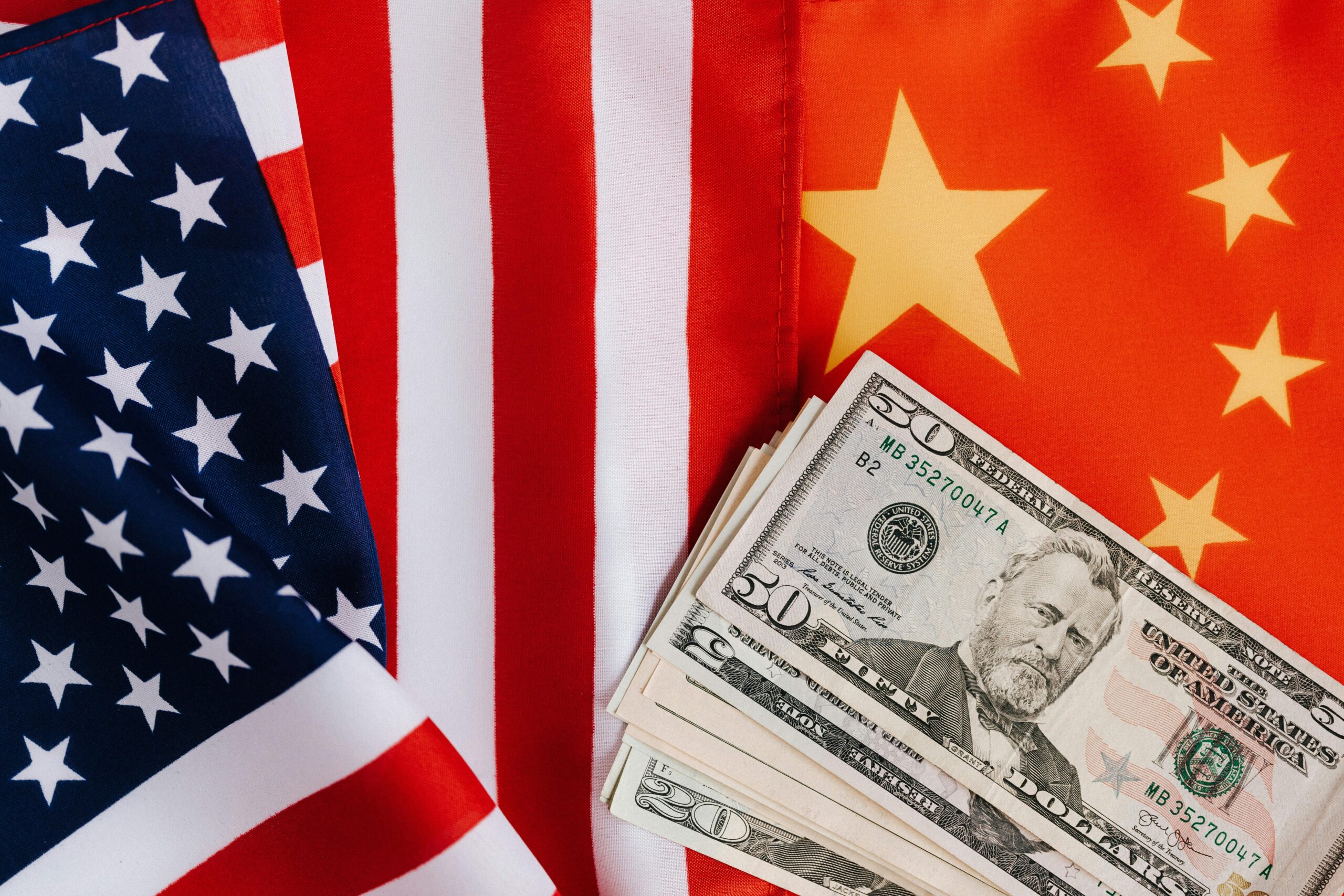Lately, there’s been a quiet but serious shift in the financial world. Investors who once trusted U.S. government bonds without question are now looking elsewhere. This might sound like a problem only rich people or big banks worry about. However, the truth is, it could eventually affect your savings, your loans, and even your job.
So, what’s going on—and why should you care?
First, What Are Government Bonds?
Before we dive in, let’s quickly clear something up. A government bond is basically a loan. You lend money to the U.S. government, and in return, they promise to pay it back with interest after a certain time. Learn more about how bonds support entire economies here.
Because they’re so stable, they often act as the foundation of the entire financial system.
Why Investors Loved U.S. Bonds—Until Now
For decades, investors around the world saw U.S. bonds as a “safe bet.” After all, the U.S. government has never defaulted on its debts, and the economy has always bounced back from crises.
But things have changed in 2024—and now even more in 2025.

Political Uncertainty is Scaring Investors
One of the biggest reasons investors are moving away from U.S. bonds is politics. Former President Donald Trump is running for office again, and his bold economic plans are causing a stir in the markets.
For example, Trump recently talked about placing massive tariffs on European imports, which many believe could lead to a new trade war. Source: WSJ
Because of these statements, investors are unsure what the U.S. economy might look like if he wins.
A Trade War Could Hurt the Economy
If there’s a trade war, prices for many goods could go up. While that might seem like a local issue, it can lead to inflation. And when inflation rises, the value of bonds goes down. That’s because the interest you earn from those bonds won’t stretch as far.
So, investors are thinking ahead—and they’re not liking what they see.
Rising Deficits Don’t Help
In addition to political uncertainty, the U.S. is also dealing with a huge budget deficit. That means the government is spending much more than it earns.
When deficits grow, the government has to borrow more money. To do that, it issues more bonds. But if investors are worried about whether they’ll get paid back in full—or whether inflation will eat into their returns—they might simply walk away.
In fact, some already are.
So, Where’s the Money Going Instead?
If not U.S. bonds, where are global investors putting their cash?
Many are shifting toward bonds in Europe, Japan, and even some emerging markets. These places are currently seen as more stable, or at least less politically uncertain.
Others are putting more into stocks, real estate, and even gold. These assets may carry more risk, but they can also offer higher returns, especially if the U.S. dollar weakens.
How This Could Affect You
You might not think global bond markets affect your daily life—but they do, in more ways than one.
For starters, if U.S. bond demand drops, the government will have to offer higher interest rates to attract buyers. That might sound good, because it means savings accounts and CDs could pay more.
But here’s the catch: It also means higher rates for things like mortgages, car loans, and student loans. So, if you’re planning to borrow money soon, it could cost you more.
Also, if the U.S. has to spend more to pay interest on its debts, there may be less money left for things like healthcare, education, or infrastructure.
What Should You Do Now?
If you’re someone who invests—or plans to start—this is a good time to take a step back and review your strategy.
Even if you’re just getting started, think about how much of your money is tied to U.S. government assets. You don’t have to sell everything, but it may be smart to diversify a little. That could mean:
- Looking into international bonds or global index funds
- Holding a mix of stocks and bonds
- Keeping an emergency fund in cash for short-term needs
And most importantly, don’t panic. This shift is gradual, not sudden. But knowing the trend early gives you a better chance to stay ahead.

What Experts Are Saying
Experts at institutions like the Financial Times are reporting that the shift away from U.S. bonds could become a long-term trend—especially if politics stay unpredictable.
According to them, investors are no longer just looking at economic numbers. They’re watching the news, reading political speeches, and reacting in real-time.
That means your financial strategy needs to be flexible, too.
In Summary
To wrap things up, here’s the key message: Investors are moving away from U.S. bonds not because they suddenly stopped trusting America, but because the future feels a lot less predictable. With talk of trade wars, rising deficits, and political shakeups, many are choosing to play it safe somewhere else.
This might mean small changes for you now—but it could lead to bigger changes later. Whether it’s interest rates, inflation, or the job market, global money flows have a way of trickling down to everyday life.
So, stay informed, stay flexible, and make sure your money is working smart—not just safe.




